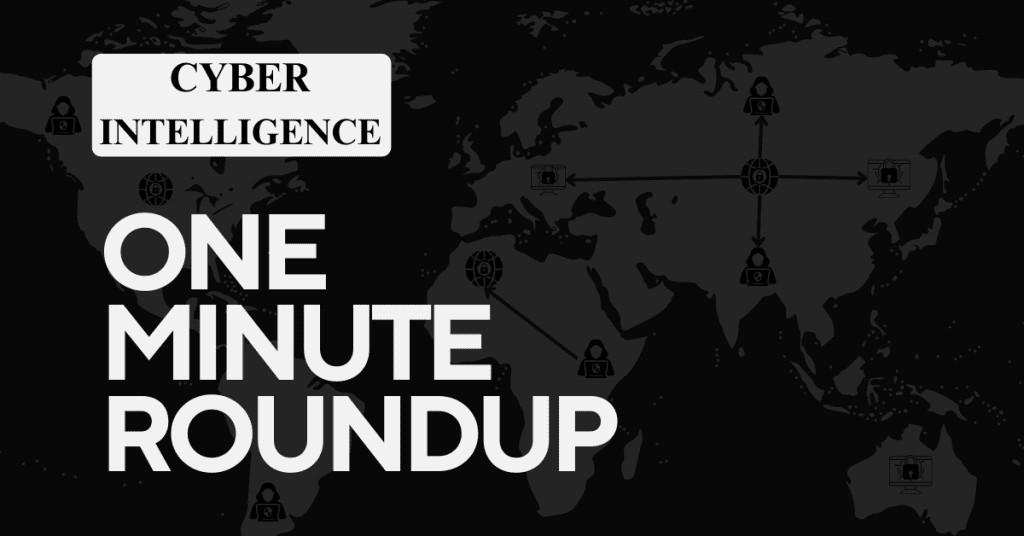Arrest of alleged head of Incognito drug marketplace
On Saturday, US authorities arrested a 23-year-old Taiwanese man alleged to have operated and owned the infamous ‘Incognito’ dark web drug-dealing website.
“Drug traffickers who think they can operate outside the law on the dark web are wrong,” said Attorney General Merrick B. Garland. “As alleged, Rui-Siang Lin was the architect of Incognito, a $100 million dark web scheme to traffic deadly drugs to the United States and around the world. The long arm of the law extends to the dark web, and we will bring to justice those who try to hide their crimes there,” commented Garland yesterday.
A short but profitable history
The illegal Incognito Market was originally formed in October 2020 and ran until it was taken down in March of this year. During this time, Incognito Market is alleged to have sold over $100 million of narcotics. It sold illegal narcotics and misbranded prescription medication, including heroin, cocaine, LSD, MDMA, oxycodone, methamphetamines, ketamine, and alprazolam.
“The dedicated prosecutors from the Southern District of New York and our law enforcement partners will pursue criminal actors regardless of whether they operate on street corners or in the dark corners of the internet. The so-called ‘dark web’ is not a safe haven for those who seek to break the law,” trumpeted Damian Williams, US Attorney for the Southern District of New York, after the airport arrest.
Arrests are common, but their impact remains to be seen
Williams’ victorious tone is understandable as the arrest comes hard on the heels of the US Federal Bureau of Investigation (FBI) taking down dark web criminal hacking forum BreachForums’ website last week. This followed the announcement in February of the seizure of the LockBit ransomware gang’s dark web extortion website.
However, while Rui-Siang Lin’s arrest on Saturday may definitely be seen as a genuine victory in the war on cybercrime and in the war on drugs, it is likely to do little to halt or even slow down the growth in ordering illegal drugs online in Western societies, which has been growing exponentially since the FBI took down another drug-dealing operation, the Silk Road website, in October 2013. Silk Road was estimated to have traded around $1.2 billion worth of illicit goods. Following the take-down, the FBI began to auction off the 175,000 bitcoins seized in the digital raid.
At the time, the FBI also made a huge fanfare at having arrested the Silk Road website’s operator, Ross William Ulbricht, after a global manhunt for his alias of “Dread Pirate Roberts,” named after a fictional character. Ulbricht was painted as a murderous drug kingpin presiding over a vast global cartel.
Taking down websites has not slowed down the online drug trade
But, Ulbricht, then a 29-year-old physics graduate with friends and family and without anything resembling a prior history of wrongdoing, held that he was one of just many people involving the building of what was effectively an illicit Amazon.com. It was also claimed that other individuals had also gone under the name “Dread Pirate Roberts.” Nevertheless, Ulbricht was sentenced to double life imprisonment plus 40 years without the possibility of parole, a brutal life sentence that the US criminal justice system usually only reserves for serial killers.
In reality, taking down individual websites and making the occasional high-profile arrest has done little to slow the global trade in illegal drugs. Nor are unusually stiff sentences such as that meted to Ross Ulbricht seen to be effective in discouraging crime. In eighteenth-century England, for example, hanging was introduced for a wide variety of minor offenses in an effort to stem the crime waves in rapidly growing but then totally unpoliced towns and cities. Criminal history has since proven that this had little or no effect in slowing down crime rates, as the chances of being caught were still extremely slim.
Authorities at a significant disadvantage
As things currently stand, the chance of criminals running dark web drug dealing websites is so astronomically slim that even the death penalty would likely have little effect, as their criminal exploits are driven by rising global consumer demand. As long as drug dealers and their customers can do business on encrypted dark web sites anonymously using digital currencies, there is little chance of law enforcement being effective.
Only when the authorities have access to sufficient computing power to break today’s encryption retrospectively will dealers and users worldwide think twice about conducting their illicit trade online, as there would then be a realistic risk of future prosecution.

